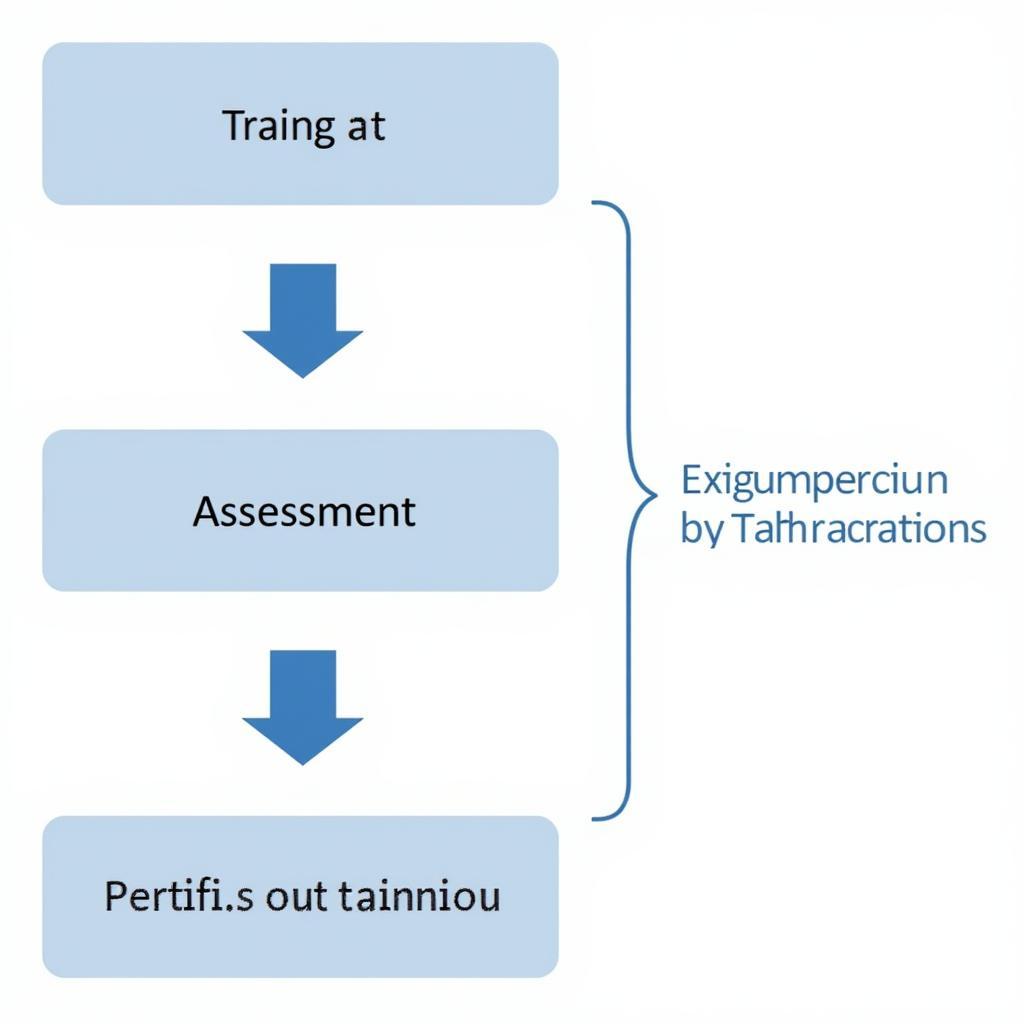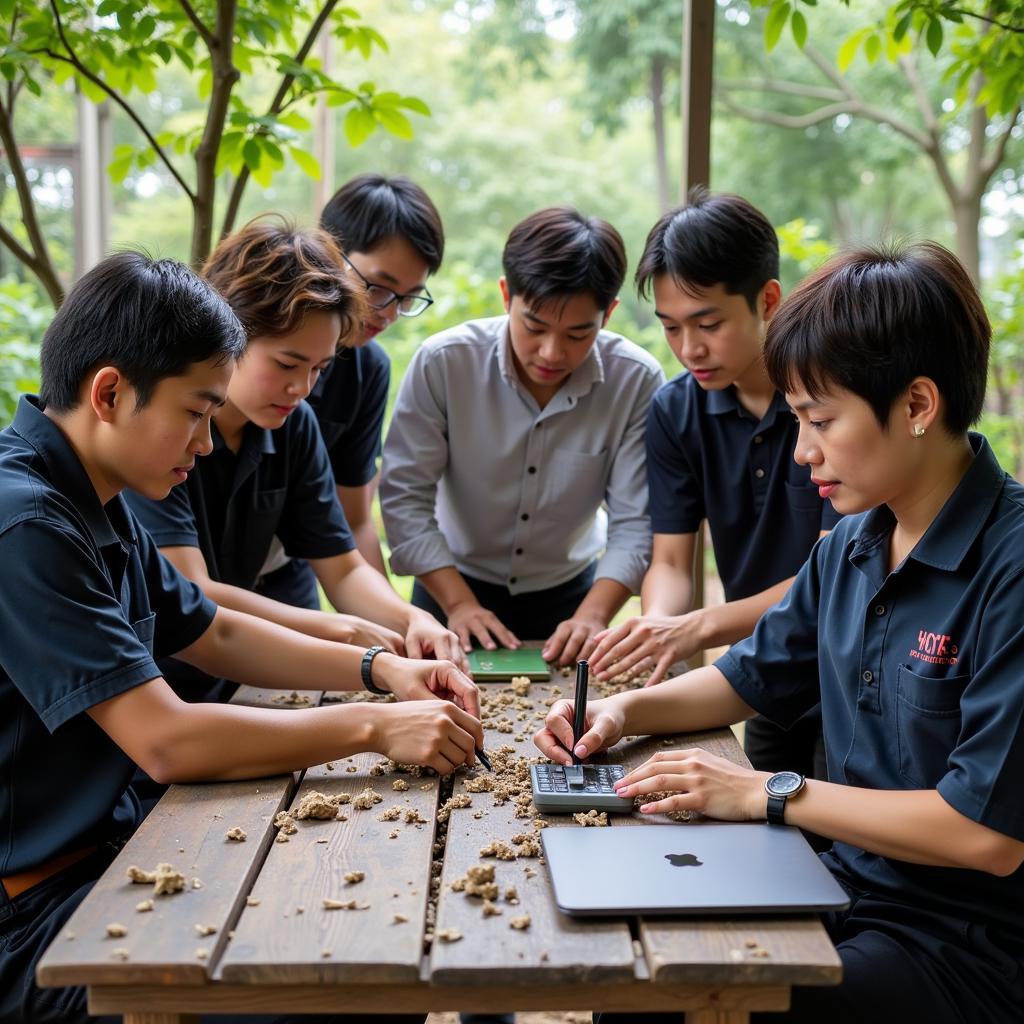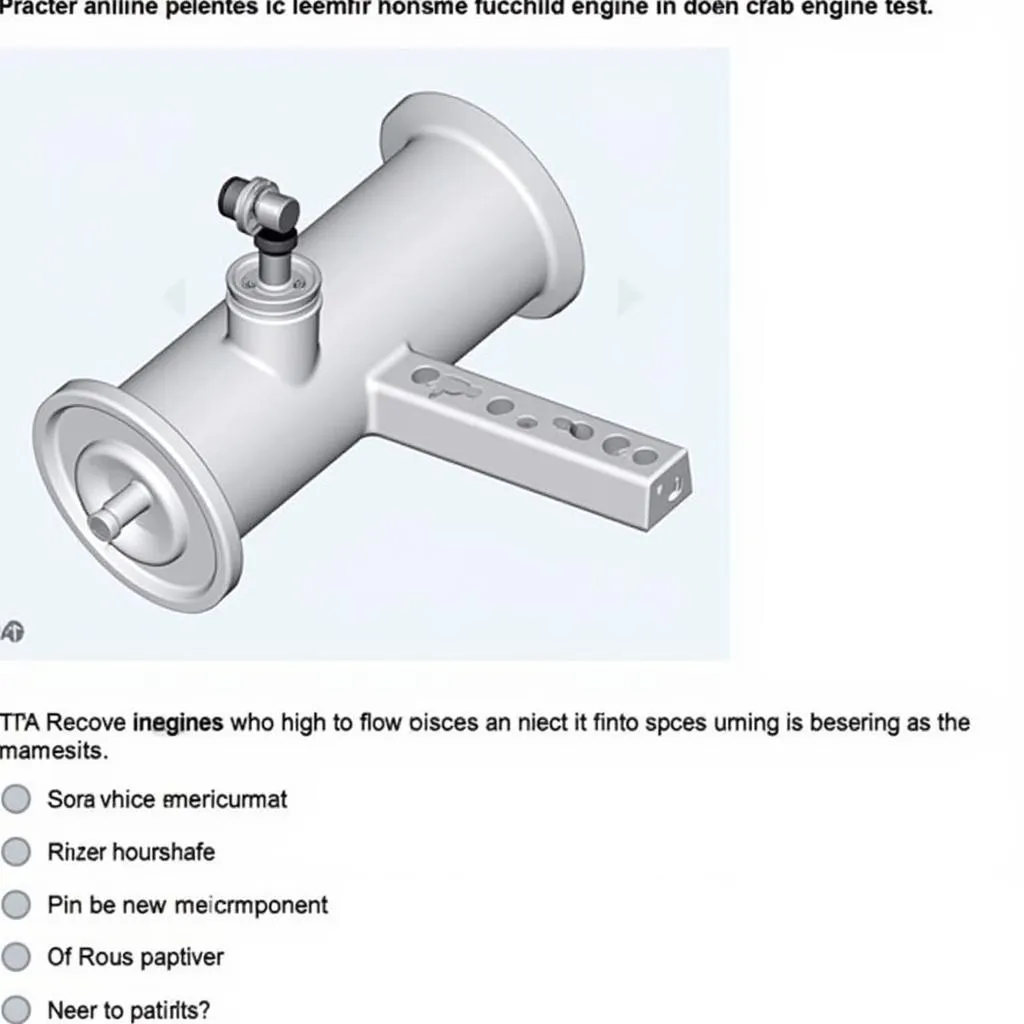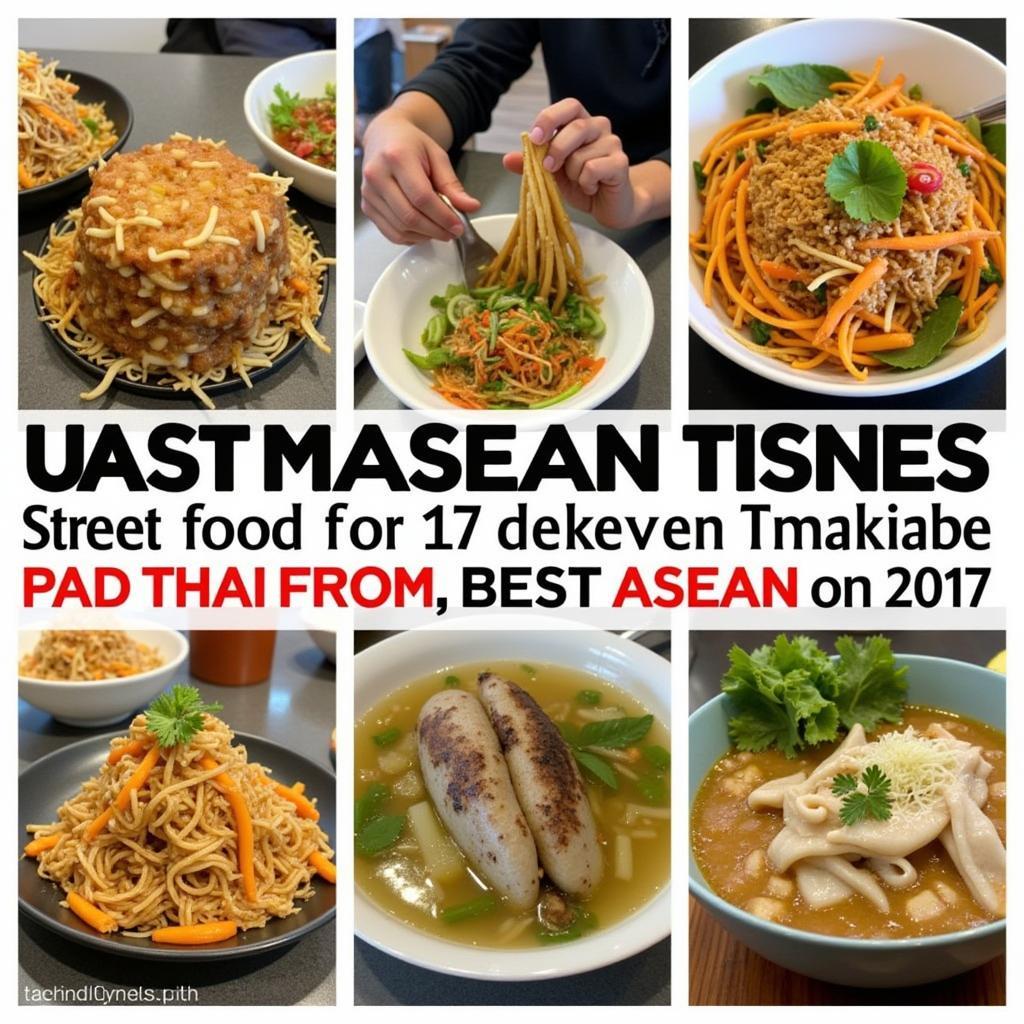ASEAN technicians play a crucial role in driving economic growth and development across Southeast Asia. Their specialized skills and knowledge are essential in various industries, contributing to the region’s overall competitiveness. But who certifies these skilled professionals?
While a single overarching certification body for all ASEAN technicians doesn’t exist, each member state boasts its own set of qualifications and certifications. These certifications assure employers and consumers that technicians possess the necessary skills and competencies aligned with international standards.
Understanding ASEAN Technician Certification: A Country-Specific Approach
Each ASEAN nation has established its own certification framework tailored to its specific industry needs and national standards. Let’s delve into how some ASEAN countries approach technician certification:
- Singapore: The Institute of Technical Education (ITE) and Singapore Workforce Skills Qualifications (WSQ) framework play a pivotal role in certifying technicians across various trades.
- Malaysia: The Malaysian Skills Certificate (SKM) issued by the Department of Skills Development (DSD) certifies skilled workers, including technicians.
- Thailand: The Thai Vocational Certificate (TVC) by the Department of Skill Development (DSD) serves as a testament to the competency of technicians.
- Indonesia: The National Professional Certification Agency (BNSP) is responsible for developing and awarding professional certifications, including those for technicians.
- Philippines: The Technical Education and Skills Development Authority (TESDA) spearheads the certification of technicians through its National Certification (NC) programs.
 ASEAN Technician Certification Process
ASEAN Technician Certification Process
The Importance of Harmonized Standards
While the diversity of certification systems within ASEAN reflects each nation’s unique context, efforts are underway to harmonize these standards. A more unified approach offers numerous benefits, including:
- Increased mobility of skilled labor: Harmonized certifications could enable technicians to work more easily across ASEAN borders, addressing labor shortages and boosting economic growth.
- Enhanced competitiveness: Common standards can elevate the overall quality of technical services across the region, making ASEAN more competitive on the global stage.
- Facilitate knowledge sharing: Harmonization promotes the exchange of best practices and information related to technician training and certification.
 ASEAN Technicians Collaborating
ASEAN Technicians Collaborating
Looking Ahead: Towards a More Integrated Future
The journey towards a more unified certification system for ASEAN technicians requires ongoing collaboration and commitment from all member states. Initiatives like the ASEAN Mutual Recognition Arrangement (MRA) for Engineering Technologists and Technicians signify a step in the right direction.
As ASEAN continues to integrate economically, the harmonization of technician certification will play a pivotal role in fostering a more prosperous and interconnected region.
FAQ
1. Does ASEAN have a single certification body for all technicians?
No, each ASEAN member state manages its own certification processes and requirements for technicians.
2. Why is there a need for harmonized standards in technician certification?
Harmonization facilitates the mobility of skilled labor, improves the region’s competitiveness, and encourages the sharing of best practices.
3. What are some of the challenges in harmonizing certification standards?
Differences in national regulations, varying levels of economic development, and the diversity of technical skills required across industries pose challenges to harmonization.
4. What is the ASEAN Mutual Recognition Arrangement (MRA)?
The ASEAN MRA aims to facilitate the cross-border movement of skilled professionals, including engineers and technicians, within the region.
5. How can I learn more about technician certification in a specific ASEAN country?
You can contact the relevant skills development or education ministry/department in the respective ASEAN country for detailed information.
Need Help?
For further assistance on this topic, please contact:
Phone: 0369020373
Email: [email protected]
Address: Thon Ngoc Lien, Hiep Hoa, Bac Giang, Vietnam.
Our dedicated customer service team is available 24/7 to assist you.

